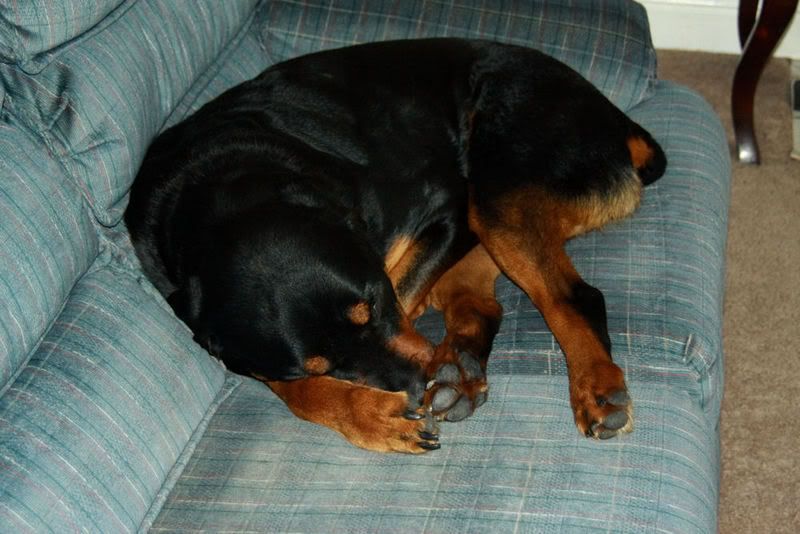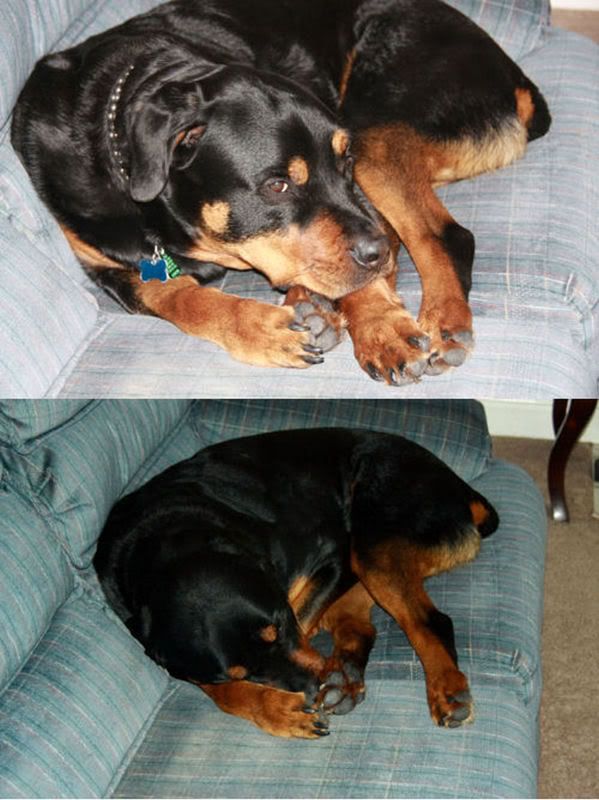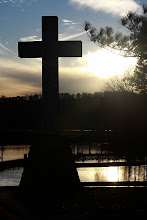It's the camera, not the photographer!
So, let's address this issue. Camera manufacturers market their cameras making people believe that technology has been able to replace the need for a professional. They don't say that in those exact words but I think that many people get that impression. I bolded the word market above for a reason. What is marketing? Let's look at the definition (I have a method to my madness...hang in there):
Marketing: is a societal process that is needed to discern consumers' wants; focusing on a product/service to those wants, and to mould the consumers towards the products/services. Marketing is fundamental to any businesses growth. The marketing teams (Marketers) have the task to create the consumer awareness of the products/services through marketing techniques; unless it pays due attention to its products/services and consumers' demographics and desires, a business will not usually prosper long-term. (Wikipedia)
So what do most people want from a camera? Something easy to use that takes great pictures...right? That's it in a nutshell. So you take that desire and market the camera towards the consumers wants thus you get "With a Nikon in your hand, anyone can take great pictures." How true is that? Is Nikon really saying that technology is replacing the need for a professional? Hmmm.....the term marketing....see what's bolded up top in that definition. Marketing in a nutshell is showing consumers how their product can meet their needs & wants. People have always wanted a way to take great pictures without having to study all the technical aspects of photography. Without having to know what the heck an f-stop is! With today's technology, does knowing how to shoot manual mean anything anymore?
Sorry, but technology has not and probably never will be able to replace the photographer's skill. I met with a great family the other day (wedding consult) who are into photography. The bride's mother told me about a survey that showed most "professionals" don't shoot in manual mode anymore. I find that very disturbing and is one reason why when people are looking to hire a photographer to document their wedding, the photographer not shooting in manual can create some issues. Take a wedding I did in November....technically speaking very difficult due to the lighting scenario. Shooting in any of the programmed modes would've resulted in some pretty icky images & not a happy bride! But I want to illustrate my point. I don't shoot in any programmed modes but I will just for you:)! Now these pictures will lack all creative stuff since I'm just taking quick snap shots to illustrate the difference between programmed & manual:)! I'm going to use my puppy (yes, he's my puppy...just a big puppy). His name is Buddy & since he is mostly black he will illustrate my point very well!! The only thing I will do to these pictures is resize them...taken on my Canon 40D by the way. I won't do anything else to the pics!
The first picture was taken on the portrait programmed mode as a JPG since that's what most people take them as. That flash popping up scared me to death:)! I don't use that flash!!! Results below & yes, I cringed!!

And now mine, shot in RAW (that's what I shoot in), manual settings. I used that pop up flash just to make it a little more fair but adjusted the settings & I don't think Buddy liked the flash either!!!

Hmm...see the difference? Let's make this easier....put the images together for you!

First thing that just jumps at me...the white balance wasn't right which caused the couch to have a reddish/magenta hue along with Buddy & you see that in his beige color. Also, it's over-exposed...it has that flashed look to it...we also see the beginnings of red eye. Just in general icky....so now why? Why didn't that programmed mode in portrait setting produce a properly exposed image??
First, one must understand the digital metering. It sees dark colors as being shadow for a lack of a better word (yes, I know....I could get into some other reasons but I just want to keep this simple). It sees whites/light toned colors as bright light. So, if you have a subject, like Buddy, where the scene is taken up by alot of dark tones, the camera isn't going to read the light correctly and over-expose the image. I know this and over the years know how to compensate for it. I also know how to manipulate the camera's settings. Interesting to note on the exposure settings of Buddy's picture:
Programmed Mode: Shutter: 1/60th of a second, Aperture: F5, ISO: 400
Manual Mode: Shutter: 1/60th of a second, Aperture: 4.6, ISO: 1600
Now, I adjusted that flash's power to not shoot off so strong (-1 for those who know)...why it doesn't look flashed. The programmed mode allowed the flash to compensate for the dimly lit scene and also had it fire off too strong since it thought Buddy was a shadow!! Now the color is off because of the white balance. I had it set at the adjusted white balance which is what most people use. This setting, the camera guesses what the white balance is. I don't guess, I know....the color in the second picture where Buddy is hiding is correct....that's the color of my couch.
Now, depending on your monitor...you may see the colors different or even see the brightness of the image different. This creates the other issue that people have....the picture looked one way on the monitor but when it printed it didn't look right. Professionals always calibrate their monitors!!! This way, when they do editing, what they are seeing on the monitor is how it will actually print:)!
I think those pictures proved my point between programmed modes & manual. It's not just the camera...there is skill behind photography. Much of this skill comes from experience & education! I'm going to close with this statement: For the amateur photographer, the CAMERA can improve his/her pictures due to the CAMERA'S better reading of the scene AND the IMAGE can be limited by the PHOTOGRAPHER'S ABILITY AND CAMERA. For the professional, the PHOTOGRAPHER can improve his/her pictures due to THEIR understanding of the scene AND the resulting IMAGE can be limited by the CAMERA!
Until next time, God Bless!


